- Over 200 IDPs in Ponnagyun struggle without shelter, food aid
- Junta airstrikes inflict deep psychological trauma on children in Arakan State
- Photo News: Over 200 IDPs in Ponnagyun in urgent need of shelter assistance
- Two children injured by UXO in Mrauk-U struggle to afford medical care
- High hepatitis cases hit children in Arakan State
Five EAOs, junta agree to hold peace summit
Five ethnic signatories to the Nationwide Ceasefire Agreement (NCA) have agreed to hold a peace conference after holding talks with the junta’s National Solidarity and Peace Negotiation Committee from June 26-28 in Naypyitaw.
30 Jun 2023
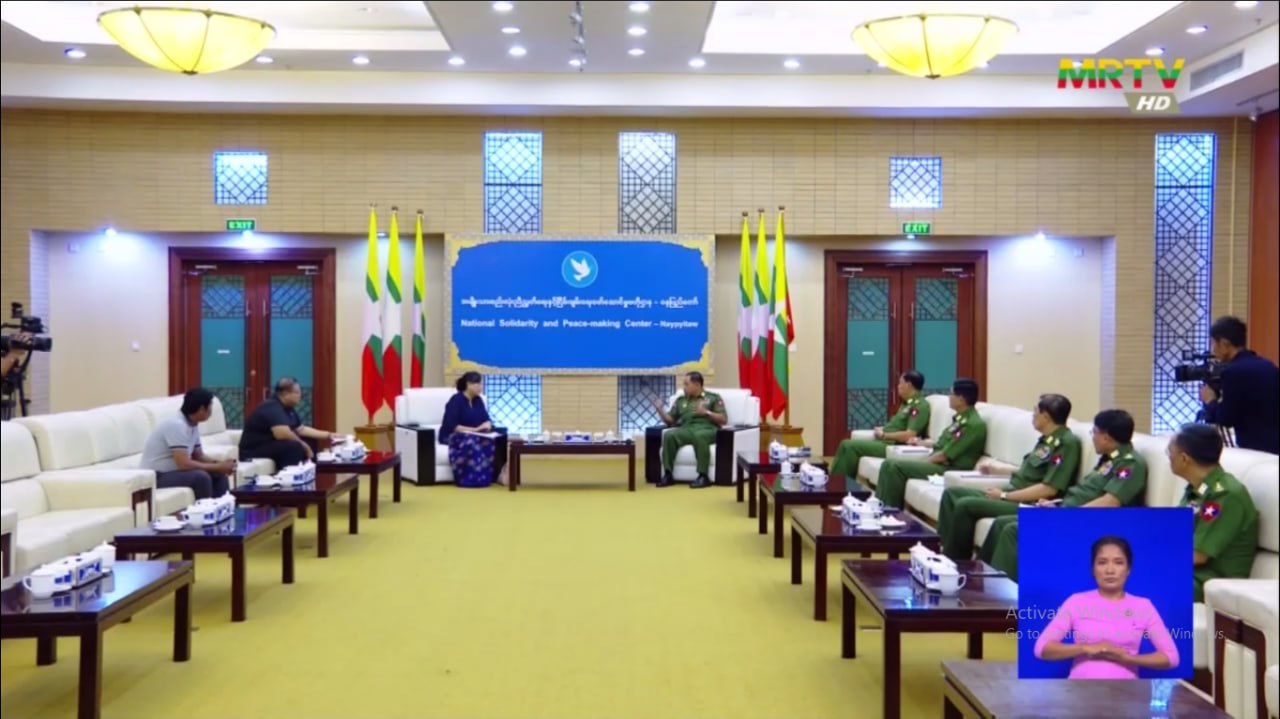
DMG Newsroom
30 June 2023, Sittwe
Five ethnic signatories to the Nationwide Ceasefire Agreement (NCA) have agreed to hold a peace conference after holding talks with the junta’s National Solidarity and Peace Negotiation Committee from June 26-28 in Naypyitaw.
The Pa-O National Liberation Organization, the Arakan Liberation Party (ALP), the Democratic Karen Benevolent Army, Karen National Union/Karen National Liberation Army-Peace Council and Lahu Democratic Union, which are members of the Peace Process Steering Committee, held talks with junta generals.
“We reached an agreement to hold a peace conference. We mainly talked about amending the Constitution. That’s all I can tell,” said the information officer for the five groups Saw Mra Razar Lin, who is also an ALP leader.
The two sides have yet to discuss details for the proposed peace conference, she added.
Ten ethnic armed organisations have signed the NCA in Myanmar, but three of them — the Karen National Union, Chin National Front and All Burma Students Democratic Front — oppose the military coup and are fighting the regime.
The EAOs that have engaged in talks with the regime are smaller organisations, and they have rarely clashed with the regime.
“As the peace conference is intended for peace nationwide, it will be meaningless unless it is inclusive,” said political analyst U Ye Tun. “It can’t even be called a peace conference if not all the groups join it. If the peace conference is held with only those five organisations, it doesn’t represent the whole country.”
It is, however, difficult to organise inclusive peace talks as the country’s armed groups have different political objectives, said former political prisoner U Khaing Kaung San from Arakan State.
“It is important that peace talks are attended by leaders who have decision-making power. Each ethnicity and each state has their own different needs. It is important that the peace process is inclusive,” he said.
Junta troops and combined forces of EAOs and local resistance forces have been clashing daily in Kachin, Chin, Kayah, Chin, Mon states and Tanintharyi, Bago, Sagaing and Magwe regions.
Peace conferences were also held under the two governments that preceded Myanmar’s military regime; that of U Thein Sein and the National League for Democracy (NLD) government led by Daw Aung San Suu Kyi. Those conferences were also criticised by some as lacking inclusivity, though both predecessor governments had a democratic legitimacy that the current regime does not.




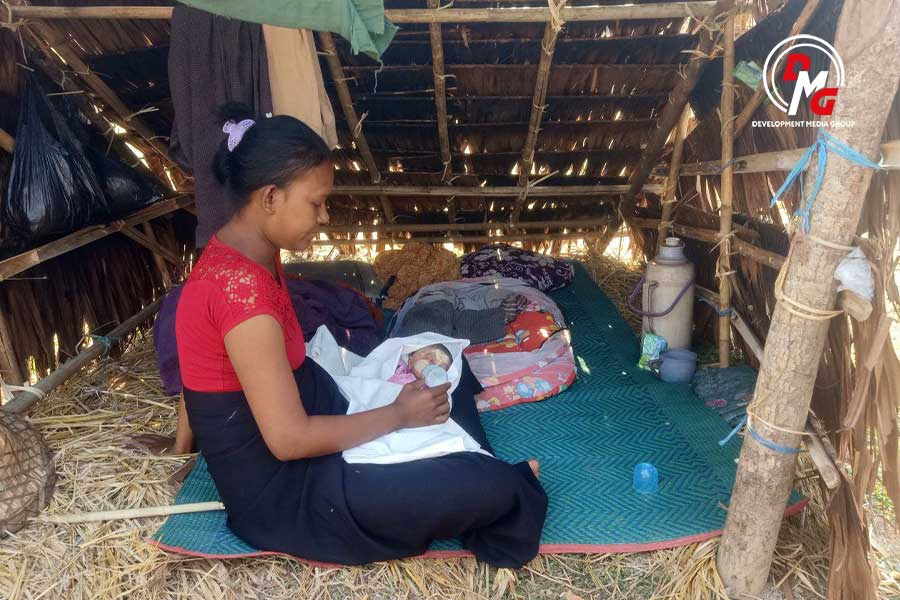
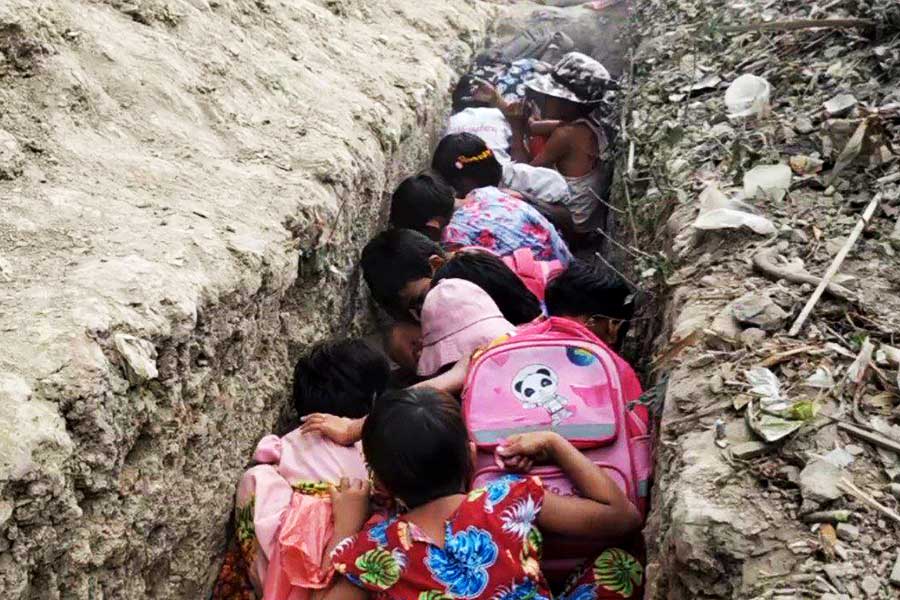
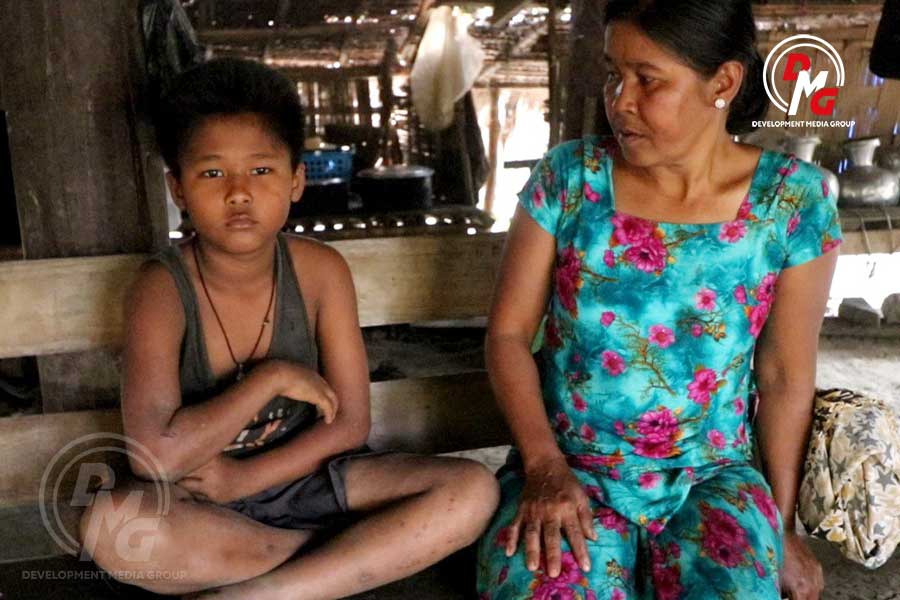
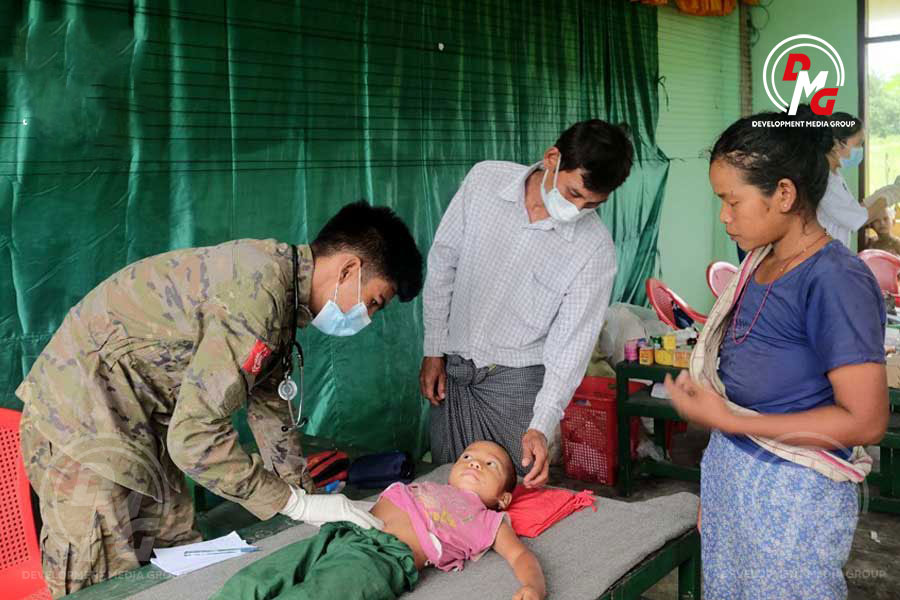
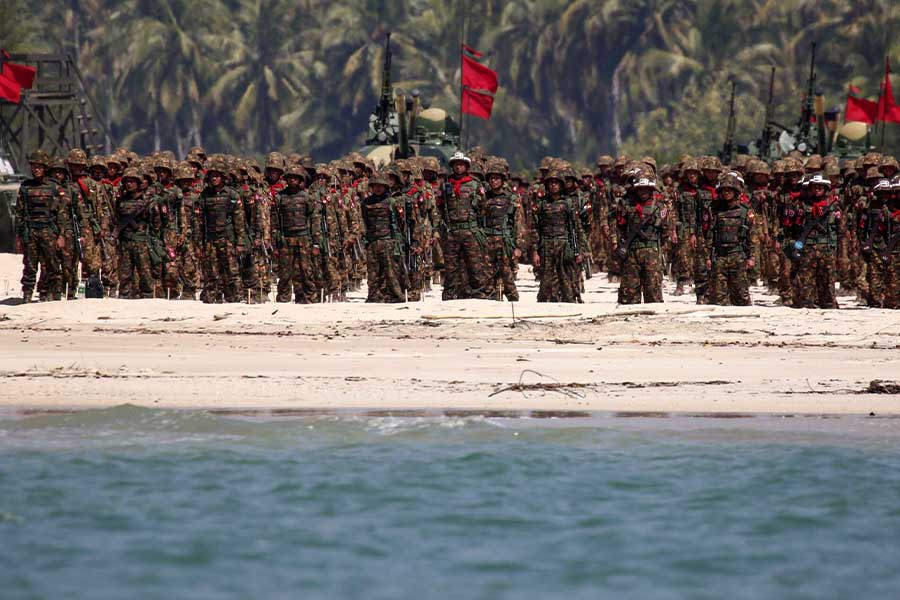








.jpg)